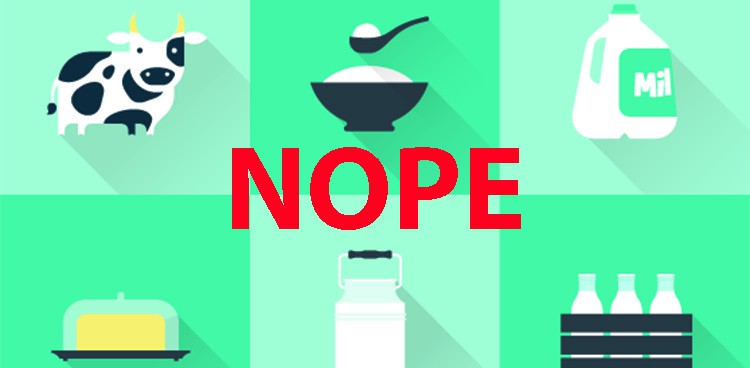
A small nut-based cheese company based out of Alexandria, Ontario, has recently come under fire by the Canadian Food Inspection Agency for including the word “cheese” on their labels. Lynda Turner, owner and founder of Zengarry Vegetarian Cuisine, was told after a CFIA inspection in early June that she would have until July 14 to remove any inclusion of the word “cheese” from her company’s website, labels, and branding. Stunned by the seemingly out-of-date litigation, Turner was told that the CFIA does not allow non-dairy products to be referred to as cheese, since it might be misleading and pose possible health risks to consumers. In response, Turner clarified, “We’re not trying to make people believe that they contain milk—we’re giving them an alternative to a dairy cheese. We’re specifically saying on the label that it’s 100 percent dairy-free.”
Her frustration isn’t unwarranted, as the CFIA allows dairy-free milks and butters to be labeled as such, while nut-based cheeses are not. Along with the emotional headache caused by this whole ordeal, Turner is now facing financial roadblocks as she has recently ordered $2000 worth of product labels that all contain the word “cheese” on them, even though the ingredients are clearly visible along with the phrase “dairy free”.

Photo Credit: “Garlic and Fine Herbs Cashew Cheese” by Zengarry | zengarry.com
While this situation undoubtably imposes obstacles for Turner’s company to overcome, it opens up a chance for the cheese community to engage in a dialogue that might be a bit overdue: What is cheese? Now, this might sound like a college freshman’s annoying attempt at bringing remedial philosophy to everyday conversations, but I think it’s an issue that should be discussed.
What is it that defines cheese? Is it a certain number of specific ingredients that must include dairy, or is it the process of making the cheese itself? Why is it that the CFIA is much more lenient with the labeling of non-dairy products as “milk” then it is with “cheese”? To those on the outside, the cheese world must come across as fairly closed off due to all the specific knowledge that is necessary to truly be an authority on cheese. In that case, would expanding the litigation surrounding cheese make the cheese world more accessible, and therefore successful, to the general public? While there definitely is not a correct answer to any of these questions, hopefully by letting them marinate in your head, we can all come to a better understanding of what it is about cheese we love so dearly.
Feature Photo Credit: “vector milk icon” | Shutterstock




